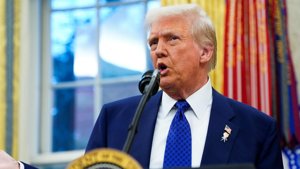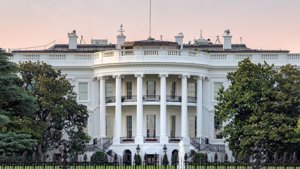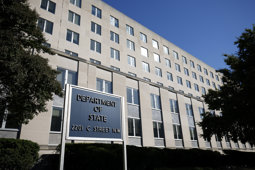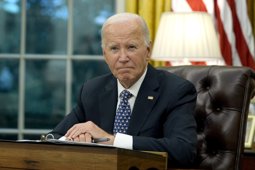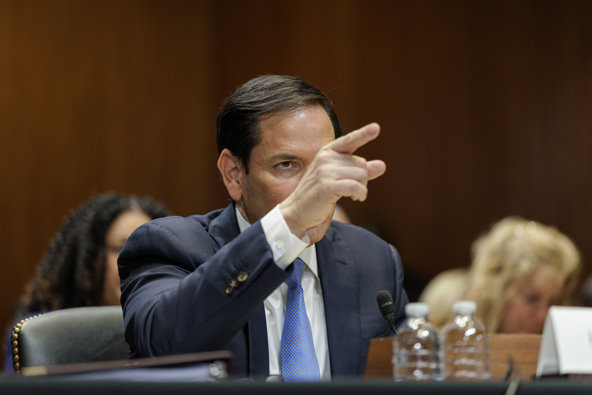
U.S. to Cancel Chinese Student Visas
The U.S. plans to revoke student visas for Chinese nationals tied to security threats, following DOJ cases of espionage at universities.
Trump Administration Targets CCP-Linked Students
The Trump administration has unveiled a policy aimed at revoking student visas for Chinese nationals studying at American universities, particularly those with suspected connections to the Chinese Communist Party (CCP). The move, announced Wednesday by Secretary of State Marco Rubio, follows multiple high-profile incidents involving allegations of espionage and surveillance by Chinese students on U.S. soil.
Rubio stated that the State Department and Department of Homeland Security will act “aggressively” to cancel visas of Chinese students believed to threaten national security. He emphasized concerns over infiltration via joint U.S.-China education programs. According to federal documents, these programs have been linked to espionage-related activities involving photography of military sites and unauthorized data collection.
Responding to the visa revocation plan, a spokesperson from China’s Ministry of Foreign Affairs condemned the U.S. policy as “fully unjustified,” arguing that it damages bilateral ties and infringes on the legitimate rights of Chinese international students. The statement characterized the move as an ideological tactic masked as a national security measure.
Recent Espionage-Linked Incidents at U.S. Universities
The visa decision follows a series of criminal cases brought against Chinese nationals enrolled at American academic institutions. In one case, five students from the University of Michigan were charged after being discovered photographing military exercises at Camp Grayling, where the U.S. National Guard was training with Taiwanese forces. The FBI accused them of false statements and record destruction.
Additional cases include two Chinese graduate students who illegally entered and filmed a naval air station in Florida, and Fengyun Shi, a University of Minnesota student, who was convicted for using a drone to capture imagery of military infrastructure in Virginia. Shi was later deported following his prison sentence.
In another high-profile case, Ji Chaoqun, a student at the Illinois Institute of Technology, was convicted in 2022 of espionage and sentenced to eight years in prison. Investigators found that Ji collected sensitive information on defense contractors and engineers under the direction of Chinese intelligence operatives.
Harvard Lawsuit Highlights Broader Crackdown
Harvard University is also at the center of the controversy after its ability to host foreign students was suspended. Immigration and Customs Enforcement (ICE) Acting Director Todd Lyons justified the revocation of Harvard’s student visa program certification by citing concerns over antisemitism and alleged ties to the CCP.
According to a letter from Lyons made public through court filings, Harvard had received $151 million in foreign donations since 2020 and collaborated with China-based academics and Iranian-linked projects. Lyons argued that this constituted “coordination with the Chinese Communist Party,” thereby justifying the visa program suspension.
Harvard lawyers contested the decision in federal court, asserting that the university was not given an opportunity to respond to the accusations before the ban was enacted. A judge has temporarily blocked the visa revocation, allowing Harvard one month to present its case.
While it remains unclear whether all of the approximately 300,000 Chinese nationals holding U.S. student visas will be affected, federal officials have signaled that enforcement will continue as part of broader national security priorities. The administration maintains that these actions are necessary to safeguard U.S. research institutions from foreign interference.


